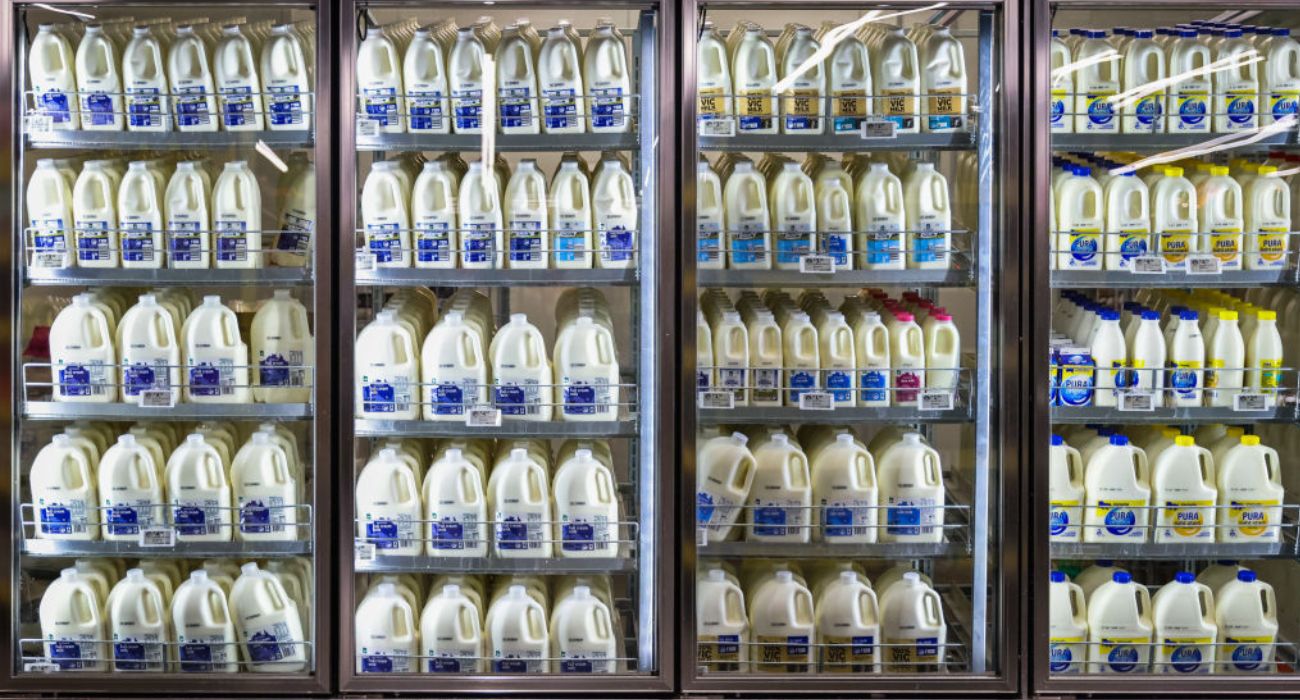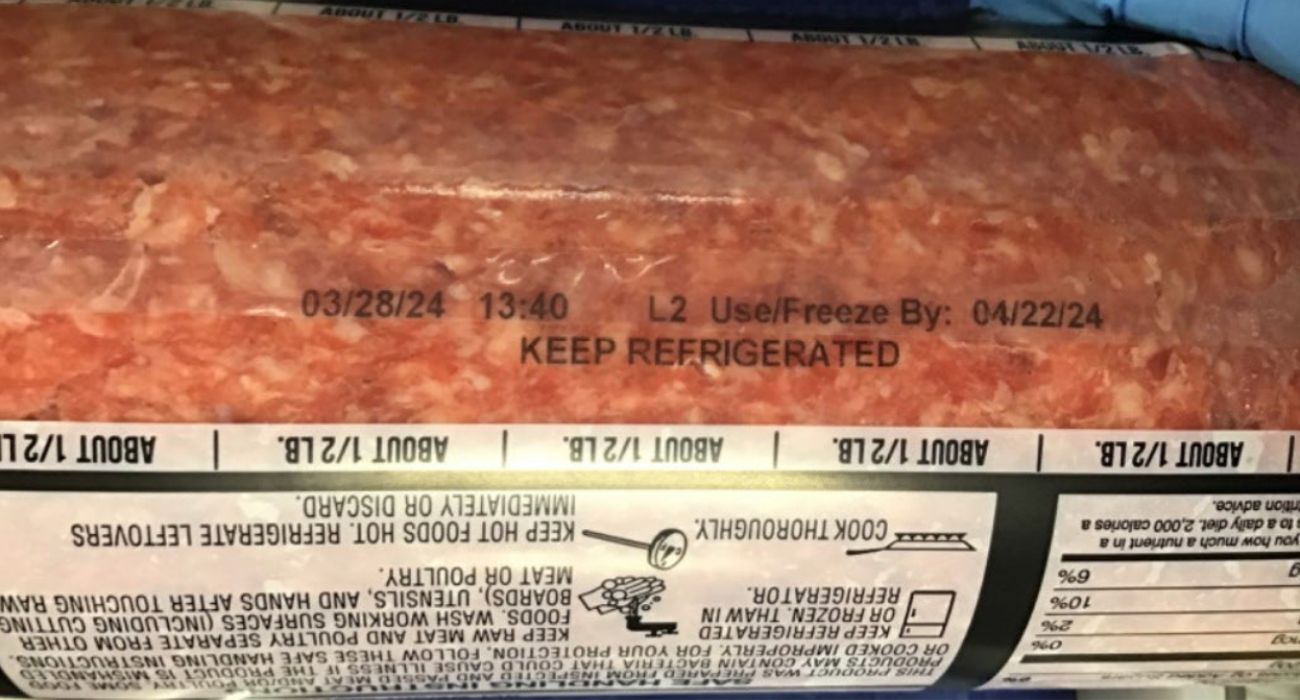The FDA has approved proprietary cancer screening software developed by early-stage startup MedCognetics, which is based in Dallas.
The software leverages artificial intelligence (AI) and machine learning to identify breast cancers early in their development and with high accuracy rates, according to the company.
The FDA 510(k) clearance granted to MedCognetics will permit it to begin marketing and selling its new AI software in the United States. Debasish “Ron” Nag, the company’s CEO, said the platform, known as QmTRIAGE, can integrate existing radiology workflow.
The startup, founded in 2020, sought to improve early breast cancer detection. The system looks for obscured tumors in denser breast tissue.
The American Cancer Society predicts that nearly 290,000 women will be diagnosed with invasive breast cancer this year alone, according to Nag.
MedCognetics intends to expand and specialize its work for the detection of other cancers, as well, like lung cancer, Nag explained. Currently, the company has a patent pending in addition to two other related patents for AI detection technology.
Traditionally, small, homogenous data sets are used to train AI. As a result, the AI might be influenced by data that lacks representation across all demographics, according to the company.
“MedCognetics is committed to leveraging our technology to help improve outcomes across a diverse group of patients,” said the company’s CEO. To obtain a diverse pool of samples, the NIH said the company used “nine independent data sources worldwide.”
The National Institutes for Health (NIH) — a part of the U.S. Department of Health and Human Services — gave MedCognetics a $750,000 grant for its AI study.
The University of Texas at Dallas and the University of Texas Southwestern Medical Center worked with MedCognetics to develop the software. One of the company’s co-founders, Lakshman Tamil, Ph.D., is himself a professor at UT Dallas.
Basak Dogan, an M.D. with UT Southwestern, has been actively training the new system “on detecting early-stage breast cancers, which is important to help use AI for breast cancer detection as a standalone tool.”
“At UTSW, we work to integrate existing and pipeline AI algorithms at the earliest stages of [the] disease, which is key to saving lives,” according to Dogan.
This year, nearly 20,000 women in Texas will be diagnosed with breast cancer. Of these, over 3,400 will succumb to the disease, according to Texas Health and Human Services. It is the second deadliest cancer for women in the state.
The Texas Department of State Health Services reports that 33.1% of Dallas-Fort Worth residents are obese, with a body mass index of 30.0 or higher. Studies have found that obesity may accelerate the earliest stages of tumor development.







Will this be covered by insurance companies?